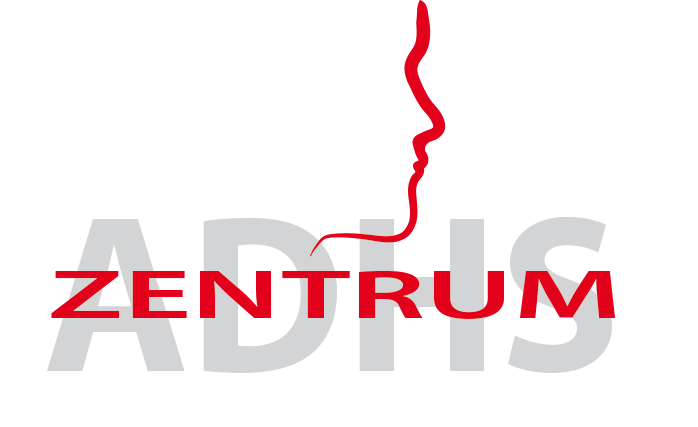Diagnostic and therapy concept
for patients from abroad
1. AD/HD-Symptoms / Causes
AD/HD is a neurobiological disorder, which is influenced through several environmental influences (school, family situation, etc.) in a positive as well as negative manner.
No other disorder in the field of Child- and Youth-Psychiatrical medicine is discussed in such a controversial manner and leads to considerable uncertainty among parents, psychologists and teachers, who often have difficulties recognizing the symptoms and reaching out to adequate treatment.
AD/HD (Attention-deficit disorder with hyperactivity), originally defined as Hyperactivity, is the most frequent mental disorder among children. The statistics show that 4 – 7% of all children are affected.
Symptoms:
- Unrest, fidgetiness for the hyperactive type
- Dreamy, passive, slow and easily detracted, often absent for the unattentive type
- Concentration- and Attention-disorder
- Memory problems
- Impatience, Agressiveness
- Learning disability
- Mood swings
- Impulsivity
- Chaotic, Disorderly, Problems with Structure
- Supplementary disorders up to 80% ( Dyslexia, Dyscalculia, Fear, Depression, Addictions, Tic-disorders)
2. Treatment offered within the AD/HD-Centre and within the Practices of the Practice-Community Dr. A. Alfred, K. W. Heuschen und T. Palloks
A compact treatment takes 2 – 3 weeks and includes the following measures:
a) Diagnosis
- Case history in detail
- Behavioral Monitoring
- Detailed check list forms
- Medical Reports and School reports
- Preliminary findings
- Physical-neurological Check-up
- Psychiatrical Status, neurological Aspects
- Psychologiscal Testing
b) Parent-training
Within a multimodal therapy concept for the treatment of AD/HD, a specialized advice for parents is absolutely necessary. Our daily work with children has shown us that there is great uncertainty towards the diagnosis of AD/HD, the possible additional disorders and a suitable therapeutical concept.
Many parents request intensive support in such a situation. We accomplish this within our Parent-Training program and inform parents regarding the forms of AD/HD, the treatment options and educational strategies which are helpful. We have experienced that systemic
Family approaches are very helpful. These lead to the reflection of own experiences, which influence the family system in a positive manner.
c) Neurofeedback and psychological treatment
Neurofeedback is the most modern, computer-based method for the treatment of ADD and AD/HD. The target of Neurofeedack-therapy is the visualization of the brain activity, which under normal circumstances remains unperceivable for self-perception and control. Through the visualizazion on a monitor one can learn to actively influence the brain activity.
The aim is to enhance “desired” brain activity and suppress “undesired” brain activity. The successful production of the desired brain activity is enhanced through positive feedback for the operant learner.
Neurofeedback is a tested means in the training of self-efficacy and self-control in a quick
manner suitable for children and youths. The transfer of these capabilities to the daily life situation (school, homework-situation, challenges within the social environment etc.) plays a decisive role. Please look up our trailer on: http://vimeo.com/56979969 for further informations.
d) Optional Medicational Treatment
A great number of children can profit considerably and improve their condition within a relative short time-span with the help of medication (Homeopathic medicine, Omega-fatty acids, Methylphenidate and Atomoxetin). These medications are often the prerequisite for the effectiveness of other therapeutical measures. However, not every case needs medicational treatment. The decision as to whether medicational treatment is necessary can only be taken after assessing the severity of the disorder, which has been decided upon through psychological and pedagogical improvements as well as taking into account the general daily situation of the patient.
3. After the first treatment phase a minimum of 2 diagnostical check-up and therapeutical sessions over a period of 2 weeks every 6 months is necessary.
AD/HD – What does this mean?
How do we deal with it?
